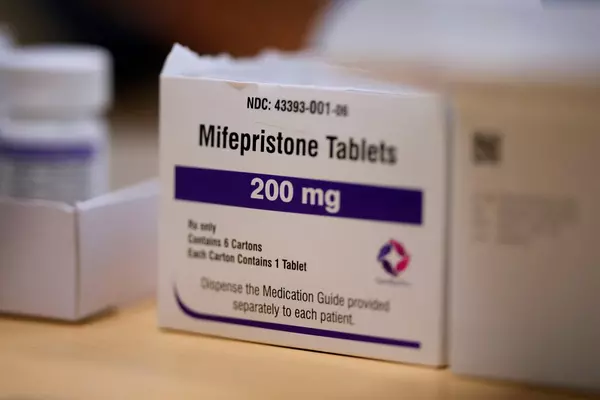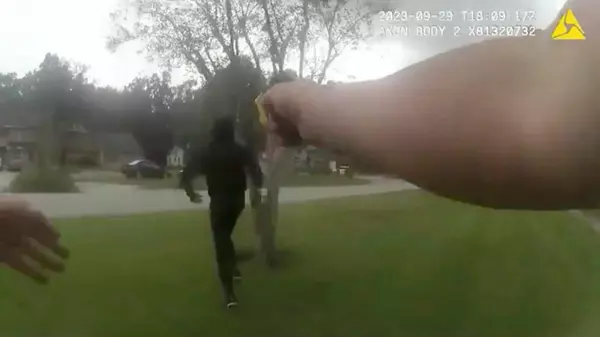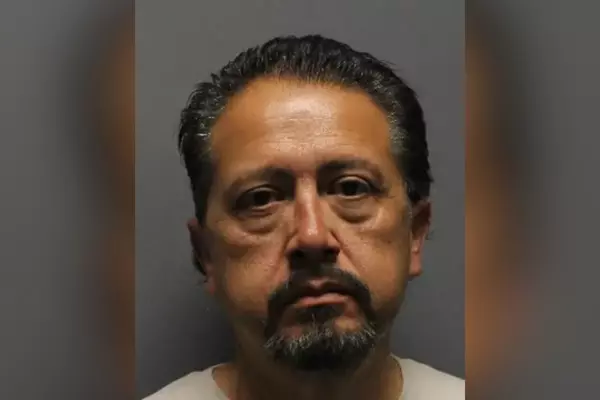In an intervention application before the Allahabad High Court (HC), in a matter pertaining to religious education imparted in institutions at the government’s expense, the National Commission for Protection of Child Rights (NCPCR) has submitted that the education given to children in madrasas is not adequate or comprehensive.
The NCPCR, in its affidavit, said that it has been noted through numerous complaints that madrasas work in an “arbitrary manner” and this is against the provisions of Right to Education Act, 2009 (RTE Act) and Juvenile Justice Act.
The Allahabad HC in March 2023, had directed the state and the Central governments to file a reply explaining as to how an institution _ running on government funds _ can impart religious education to students. The court, while hearing a petition filed by Azaj Ahmad who teaches in a Madrasa in Jaunpur district of Uttar Pradesh and had approached court over salary issues, has asked the government if the religious education being imparted in educational institutions could be in violation of Articles 14, 25, 26, 29, and 30 of the Constitution of India.
The NCPCR told the HC that the matter at hand required keen consideration and hence it seeks to assist the court.
In its application, filed through Advocate Swarupama Chaturvedi, Saumya Kapoor and Rakshit Raj Singh, the NCPCR stated that there are reports with the child rights body that institutions like Madrasas are providing Islamic religious education to non-Muslims which is further in violation of Article 28 (3) of the Constitution of India.
Pitching further for intervention, NCPCR told the court that since the RTE Act is not applicable to minority institutions, students studying here are denied access to fundamental rights under RTE.
“…...this denial also snowballs into depriving the children of their fundamental rights to equality before the law (article 14),” the intervention application said.
The intervention application also says that a school, as defined under the RTE Act, is any recognized school imparting elementary education and the State cannot facilitate activities that contravene the RTE Act and are in violation of Article 21A of the Constitution.
The child rights body said that the Madrasa is an unsuitable place for fundamental education.
While seeking its intervention in the plea, the NCPCR also claimed that the Darul Uloom Deoband, an educational institution in Saharanpur district of UP, is promoting corporal punishment for children which again is a violation under RTE.







